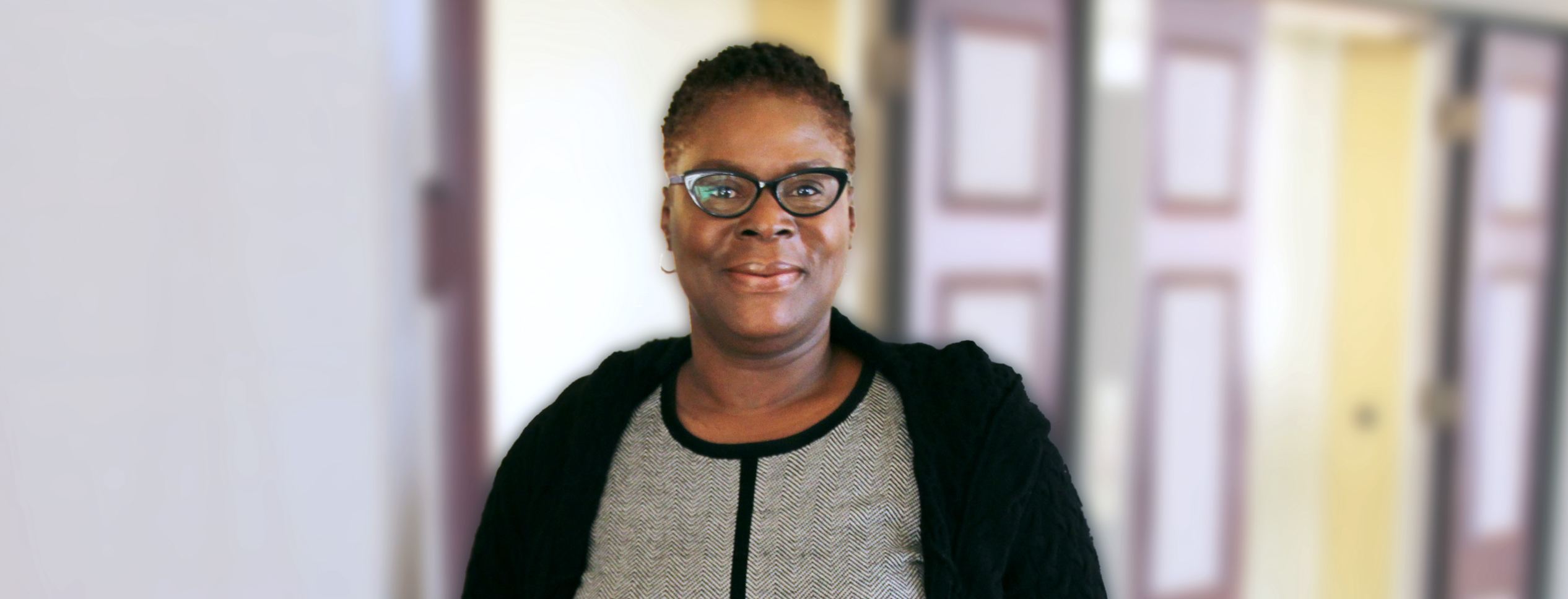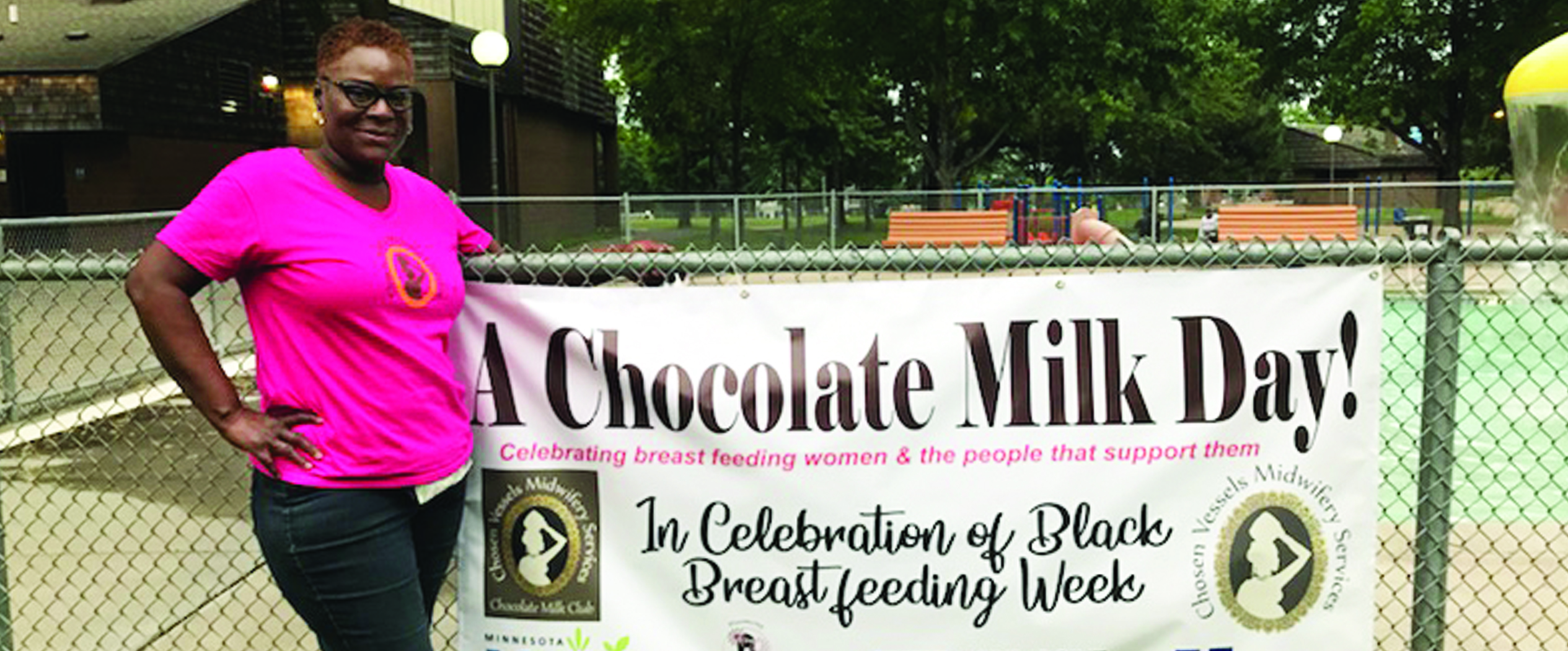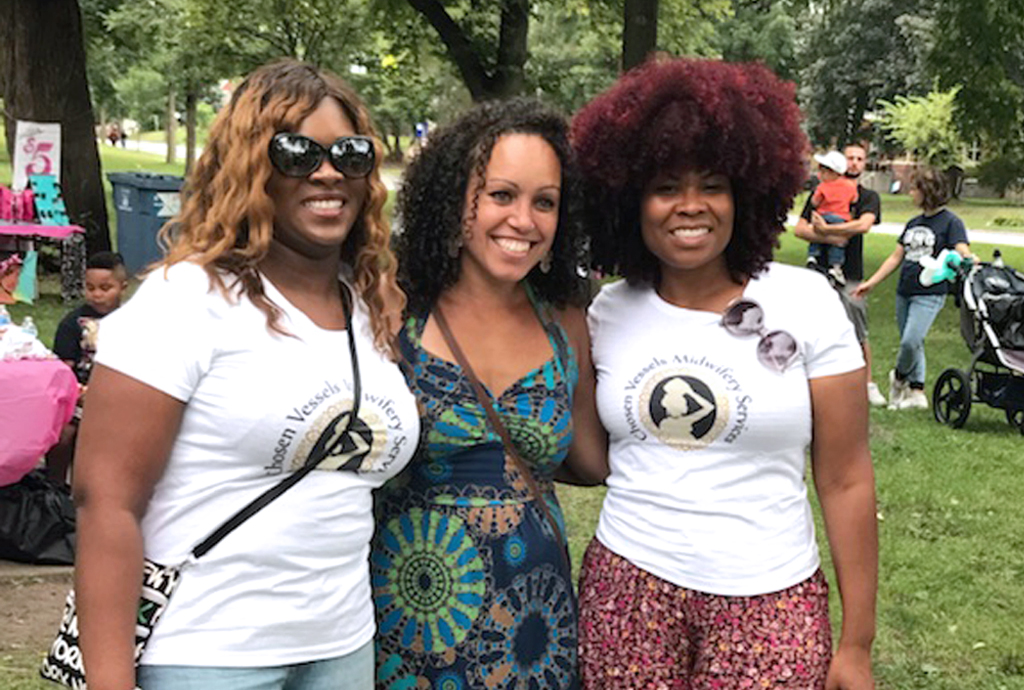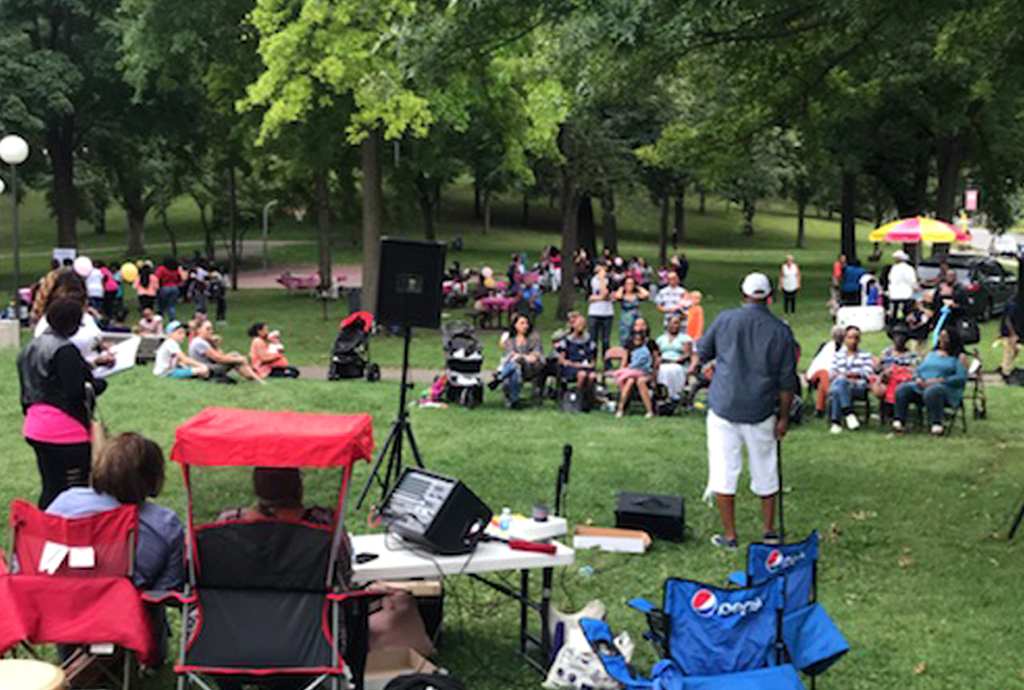

Breastfeeding benefits the health and wellbeing of moms and babies. But many moms face barriers that prevent them from starting to breastfeed, or limit how long they continue.
These barriers – like lack of access to lactation rooms and lactation professionals, and absence of role models and family/friend support – are particularly pronounced among women of color.
This story is part two in a two-part series that describes the unique breastfeeding challenges faced by women of color and highlights two local efforts to help.
In part one we highlighted a Hennepin County Women Infants and Child (WIC) program that pairs breastfeeding mothers with mothers who have experience breastfeeding their own children. This article highlights Hennepin County collaborations with community partners.
Breastfed babies have a lower risk of asthma, childhood obesity, ear infections, sudden infant death syndrome, Type 2 diabetes, and more. And breastfeeding moms are less likely to develop Type 2 diabetes, ovarian cancer, and certain types of breast cancer.
For two decades, Dr. LaVonne Moore has been on a quiet crusade. Her passion project? Helping women all over the Twin Cities overcome barriers to breastfeeding. Each week she crisscrosses Hennepin County in pursuit of this goal. Some days she practices out of clinics, other days out of clients’ homes.
Dr. Moore focuses her energy on African American moms, a group with low rates of breastfeeding initiation and duration.
According to data from the U.S. Centers for Disease Control and Prevention, only 59 percent of African American women choose to breastfeed, compared to 75 percent of white women and 80 percent of Hispanic women. Black moms who start breastfeeding are also quicker to discontinue; only 27 of African American women are still breastfeeding at six months, compared to 44 percent of mothers overall.
The reasons for this disparity are complex, and range from an absence of role models and multigenerational support, to a painful history of being forced to serve as wet nurses during slavery.
The public health implication of these low breastfeeding rates is staggering, in part because African Americans already experience higher rates of infant mortality and health conditions like Type 2 diabetes, asthma, Sudden Infant Death Syndrome (SIDS), and childhood obesity. Because breastfeeding can reduce the likelihood of developing these conditions, low rates of initiation and duration widen existing health disparities.

Dr. Moore’s foray into the breastfeeding promotion field began in graduate school. While conducting research, she asked dozens of African American women what their needs were regarding breastfeeding. Again and again, she heard the same answer: breastfeeding education and support.
“There was this misconception that black women do not want to breastfeed, but it’s not true,” Dr. Moore says. “They felt that they weren’t getting educated regarding breastfeeding. Providers would come in and say ‘bottle or breast?’ and walk out of the room … They wanted to see people who looked like them. And they wanted support in their homes.”
Breastfeeding is a solution to the health challenges that plague this population, and it doesn’t cost money or necessitate a government grant, she realized. “It’s our own special tool against mass destruction.”
Empowered by her findings, Dr. Moore launched Chosen Vessels Midwifery Services in 1998. Embedded within this private practice is a culturally specific service called the Chocolate Milk Club that helps women of color overcome breastfeeding barriers.
One way it breaks barriers is by bringing health care and supplies (like breast pumps and nipple shields) directly to a client’s home, making transportation a non-issue. “Who’d want to go out in this kind of weather if you just delivered a baby four days ago?” Dr. Moore says.
Dr. Moore also strives to make breastfeeding comfortable, noting that many women cite stress as a major deterrent to breastfeeding. And because she is a nurse midwife, she can provide her clients with services beyond breastfeeding, reducing their need for multiple health care appointments.

“Hennepin County has deep disparities, but we have the power to change that,” says Angela Watts, Hennepin County Public Health Family Services area manager. “But to do so, we need to change the narrative around community. How do we partner and support organizations and people, like LaVonne Moore, who are already doing breastfeeding work? How do we bring all these elements together? We need to leverage all of our power.”
Last year, Hennepin County and Dr. Moore partnered on a Chocolate Milk Day event. The public gathering took place in North Minneapolis’ Farview Park, and celebrated black breastfeeding women and the people who support them. It included music, food, prizes, and booths with breastfeeding resources – and drew a diverse audience.


Barbara King, Hennepin County WIC peer breastfeeding program coordinator, was part of the event planning team, and said it cemented her belief that breastfeeding promotion needs to be everyone’s agenda.
“Every day I work with women striving to give their babies the best," King explains. “Many women start out planning to breastfeed, but face barriers in attaining their goals. Those barriers are not something women need to work harder or smarter at overcoming — it is all of us, as a community, who need to address those barriers."
Dr. Moore agrees, and is hopeful about the future. “Breastfeeding is taking hold more and more,” she says. “My research was correct. Women want to breastfeed, and when you educate and support them, they can and do.”
Written by: Lori Imsdahl